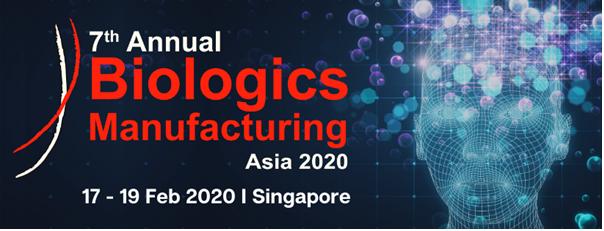
Photo credit: IMAPAC
The biologics industry in Asia- Pacific is estimated to be the fastest-growing market in the world. For instance, Asia- Pacific accounts for 30-40% of the global biosimilars market. The key drivers driving the growth of the biologics industry in Asia are competitive manufacturing costs, the increase in of high-skilled workers, new- cell culture techniques, fast-track flexible GMP facilities equipped with disposables, attempts for integrated continuous manufacturing, combining modular facilities, single-use and other advances in the downstream processing of biologics. However, the factors hindering the growth of the biopharmaceutical industry mainly are from the bioprocessing side including high-manufacturing complexities, expensive purification processes and other challenges across the bioprocessing value chain.
To facilitate brainstorming, strategy-generating discussions on the aforementioned key aspects of the biologics industry, IMAPAC is bringing 3 focus areas: Bio-Manufacturing, Bio-Analytics, Cell Therapy Bioprocessing as part of Asia's biggest, most focussed annual bioprocessing conference, the 7th Annual Biologics Manufacturing Asia 2020 in Singapore, from 18th - 19th Feb 2020.
In 2020, 500+ biomanufacturing stakeholders from BIG Pharma, Biopharma, Contract Manufacturing Organisations, Academic & Research Institutes, Regulatory Authorities, and Solution Providers across Singapore, South Korea, Taiwan, Japan, Australia, India, South East Asia, Indo China, and China will convene to discover, discuss and debate on the best manufacturing practices to make better biologic drugs cheaper and faster!
The convention aims to provide a neutral platform to address the challenges faced in this sector including:
Being a major biomanufacturing hub of Asia, Singapore is proven to be the ideal location, with its strong government support, easy access from all Asian countries, technological leadership and home to top biopharmaceutical companies developing smart manufacturing facilities for the production of biologic drugs, to convene on the best manufacturing practices in order to have access to faster, cheaper and better biologic drugs.




